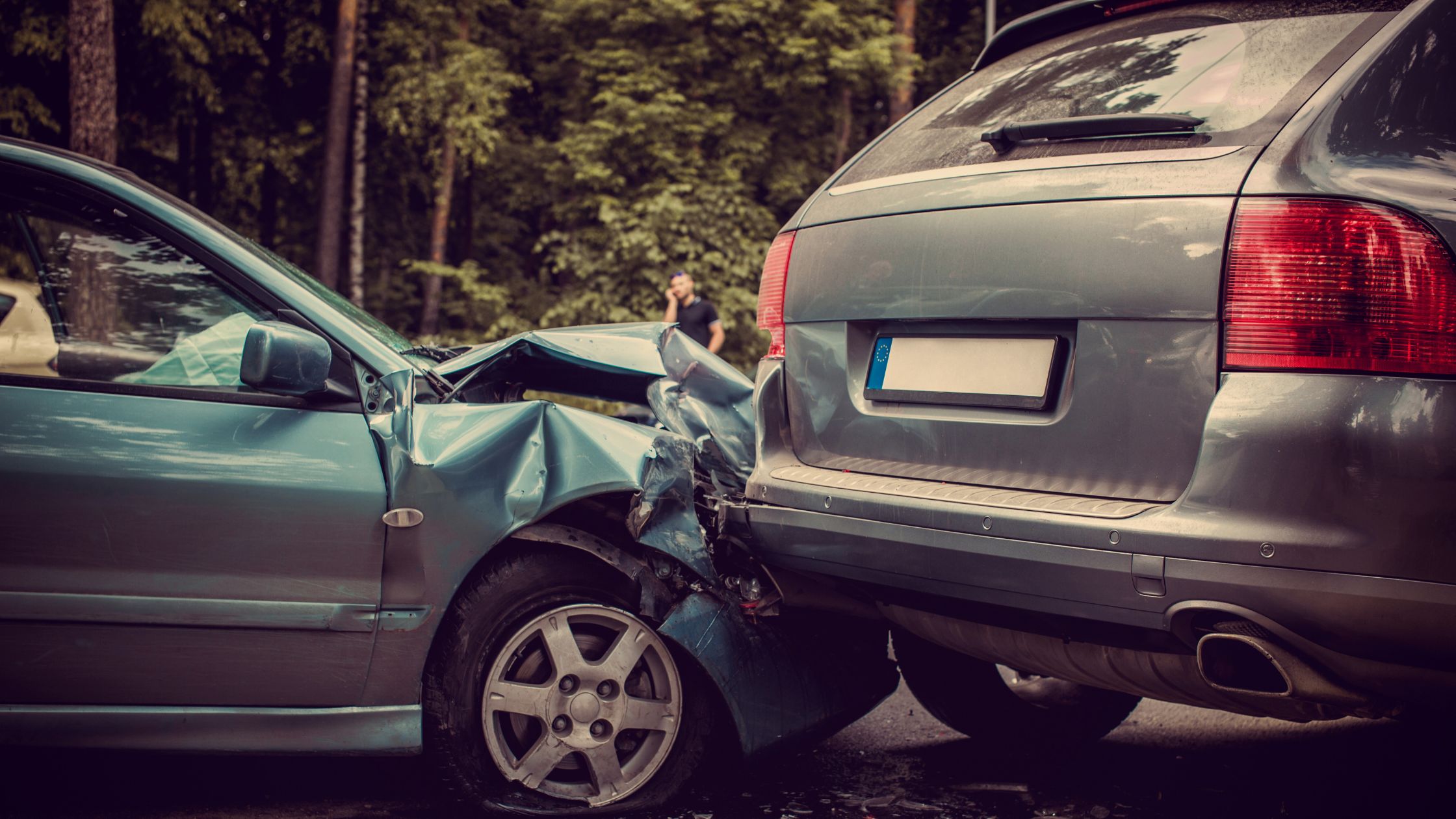
What Happens After a Car Accident and What You Need to Do
Facing the aftermath of a car accident can be overwhelming, with injuries, financial strain, and disruption to your life. This guide walks you through the necessary steps from the immediate moments following an accident to securing compensation for injuries and damages. It also explores financial solutions, such as pre-settlement funding, to help manage the costs.
Immediate Actions After the Accident
In the moments after a vehicle accident, follow these crucial steps:
- Stop & Secure Safety: Move your vehicle out of traffic if it’s safe.
- Seek Medical Help: Check for injuries, prioritize medical care, and call emergency services if necessary.
- Contact Law Enforcement: Even if the accident seems minor, call the police.
Once safety is ensured and law enforcement is notified, begin collecting details:
- Gather driver, insurance, and vehicle information.
- Record accident specifics: date, time, location, conditions, and witness contact details.
- Capture photos and create a diagram of the accident scene.
- Stick to facts and avoid discussing fault.
Contacting Your Insurance
After ensuring everyone's safety, contact your insurance company. Provide them with the necessary accident details and ask about:
- Deductibles: Understand how much you need to pay before your insurance kicks in.
- Transportation Coverage: Check if your policy covers rental expenses.
- Time Limits: Confirm deadlines for filing claims.
Filing Insurance Claims
Depending on your location, your state may have a "no-fault" insurance system, where your insurance covers your injuries, regardless of fault. If you live in a fault-based state, your claim will likely be processed differently, and you may have to deal with the negligent driver’s insurance.
Dealing with the Defendant's Insurance
If your injuries or damages exceed your insurance coverage, you may need to file a third-party claim with the at-fault driver’s insurance. This claim can cover bodily injury and property damage, but keep in mind:
- Insurance Limits: The at-fault driver’s policy may not fully cover your losses.
- Negotiations: The insurer may contest liability or undercut the true value of your claim.
Pre-Settlement Funding
If you're struggling with medical bills, loss of income, or other financial burdens while waiting for a settlement, pre-settlement funding can help cover your immediate expenses. Pre-settlement funding is non-recourse, meaning you only repay if you win your case. This financial assistance can level the playing field, allowing you to negotiate or wait for a fair settlement without the pressure of financial strain.
Lawsuit Process
If insurance claims and negotiations don’t provide sufficient compensation, you may choose to file a lawsuit. Your attorney will draft a complaint, and the case may go to trial, where a jury will decide liability and award damages. Damages awarded typically include:
- Economic Damages: Medical bills, lost income, and property damage.
- Non-Economic Damages: Compensation for pain and suffering.
- Punitive Damages: Awarded in cases of reckless behavior by the defendant.
Conclusion
Experiencing a car accident can be life-changing, but taking immediate, informed steps can help you navigate the recovery process. Pre-settlement funding can also be a valuable tool in relieving the financial burden while awaiting compensation. At PrimeCare Network, we provide resources and financial assistance to help you secure the compensation and support you deserve as you recover. Reach out to learn more.
This information is for general purposes only and does not constitute legal advice. Please consult an attorney for legal counsel in your jurisdiction.
